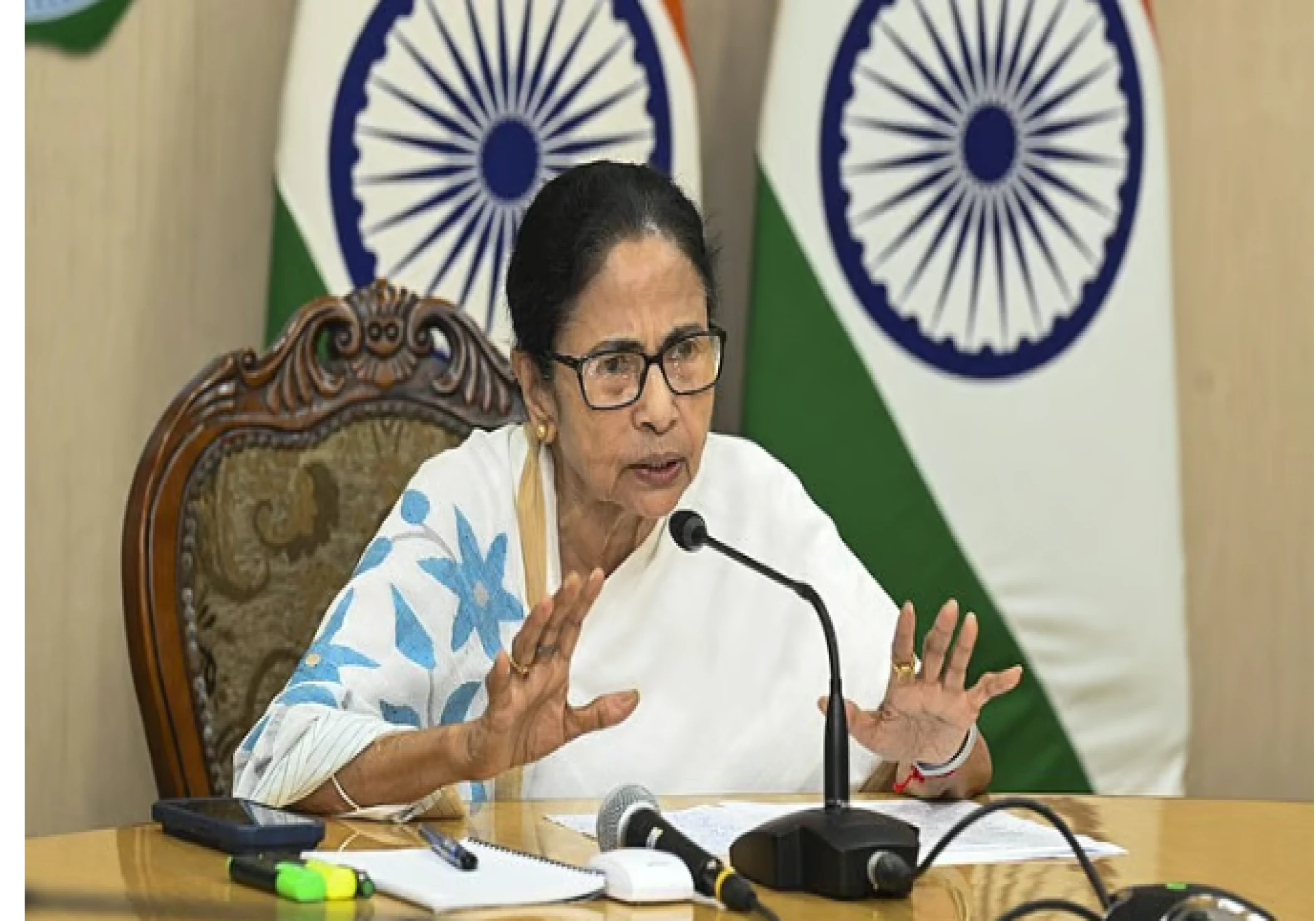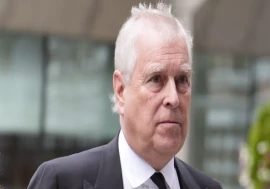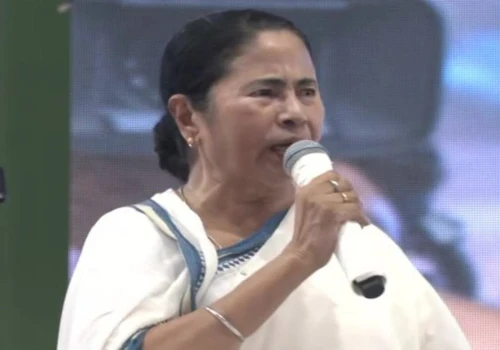
West Bengal Chief Minister Mamata Banerjee has alleged that BJP-ruled states are unleashing "linguistic terror" on Bengali-speaking people, calling it a direct attack on cultural identity.
In a sharp political attack, Banerjee claimed that Bengali speakers living in various BJP-ruled states were being harassed, discriminated against, and even threatened for using their mother tongue. Speaking at a public rally, the Trinamool Congress (TMC) leader described these actions as "linguistic terrorism" and accused the BJP of attempting to erase regional cultures and impose Hindi dominance.
She also added that the Constitution grants equal status to all Indian languages and that no citizen should be made to feel inferior for speaking their native tongue. “We will not tolerate this insult to Bengali,” Banerjee declared, urging the Centre and BJP leaders to stop what she termed as cultural suppression.
The BJP, on the other hand, has dismissed her remarks as politically motivated and an attempt to stir emotional sentiment ahead of upcoming elections. However, the issue has sparked a larger national conversation about linguistic diversity, regional pride, and the role of language in identity politics.
Banerjee's statement has resonated across Bengal and other parts of India where Bengali-speaking communities reside, reigniting debates on linguistic inclusivity and federalism in the
country.



